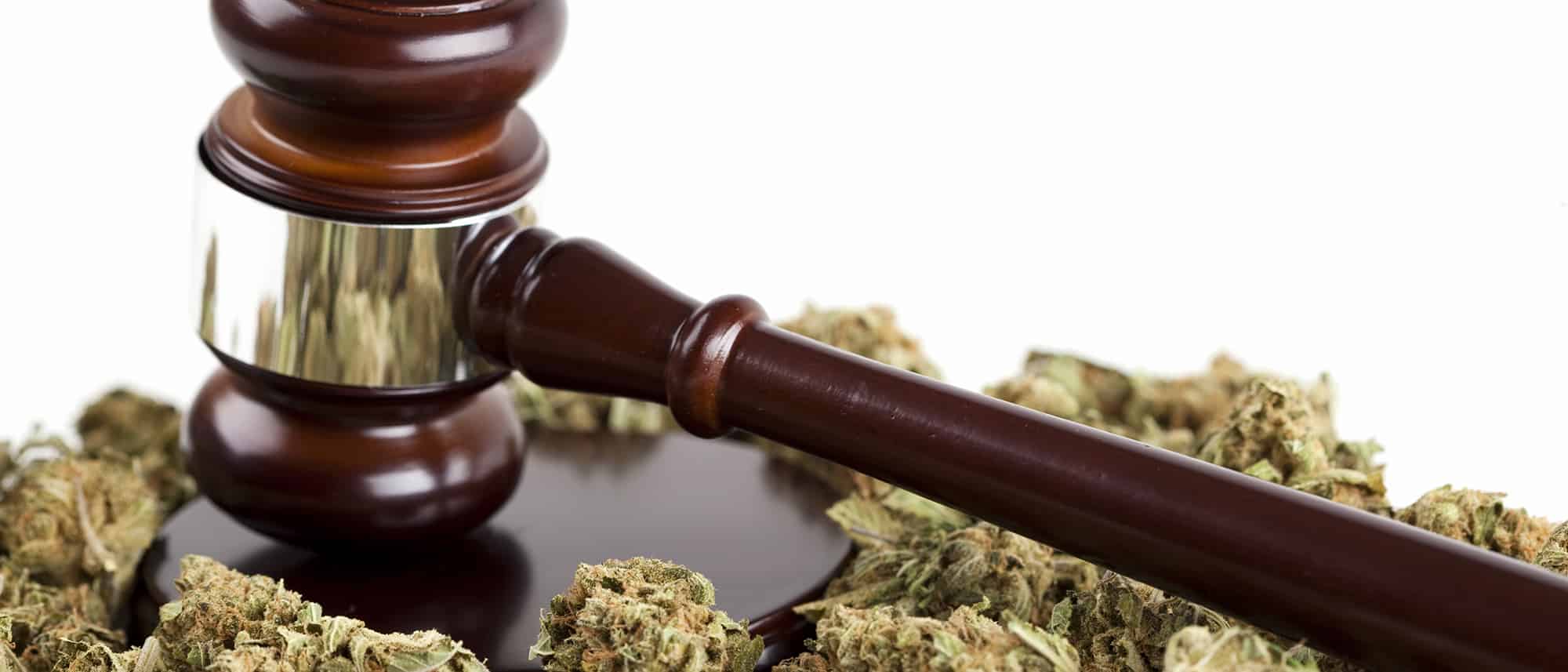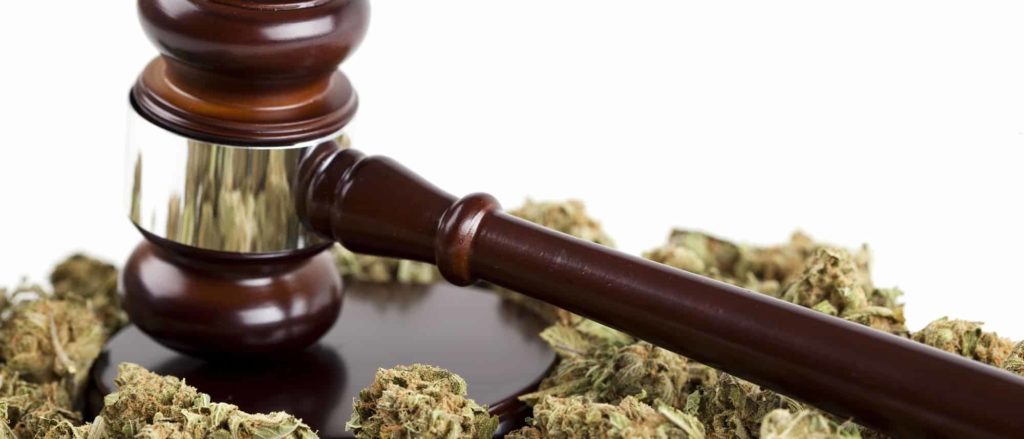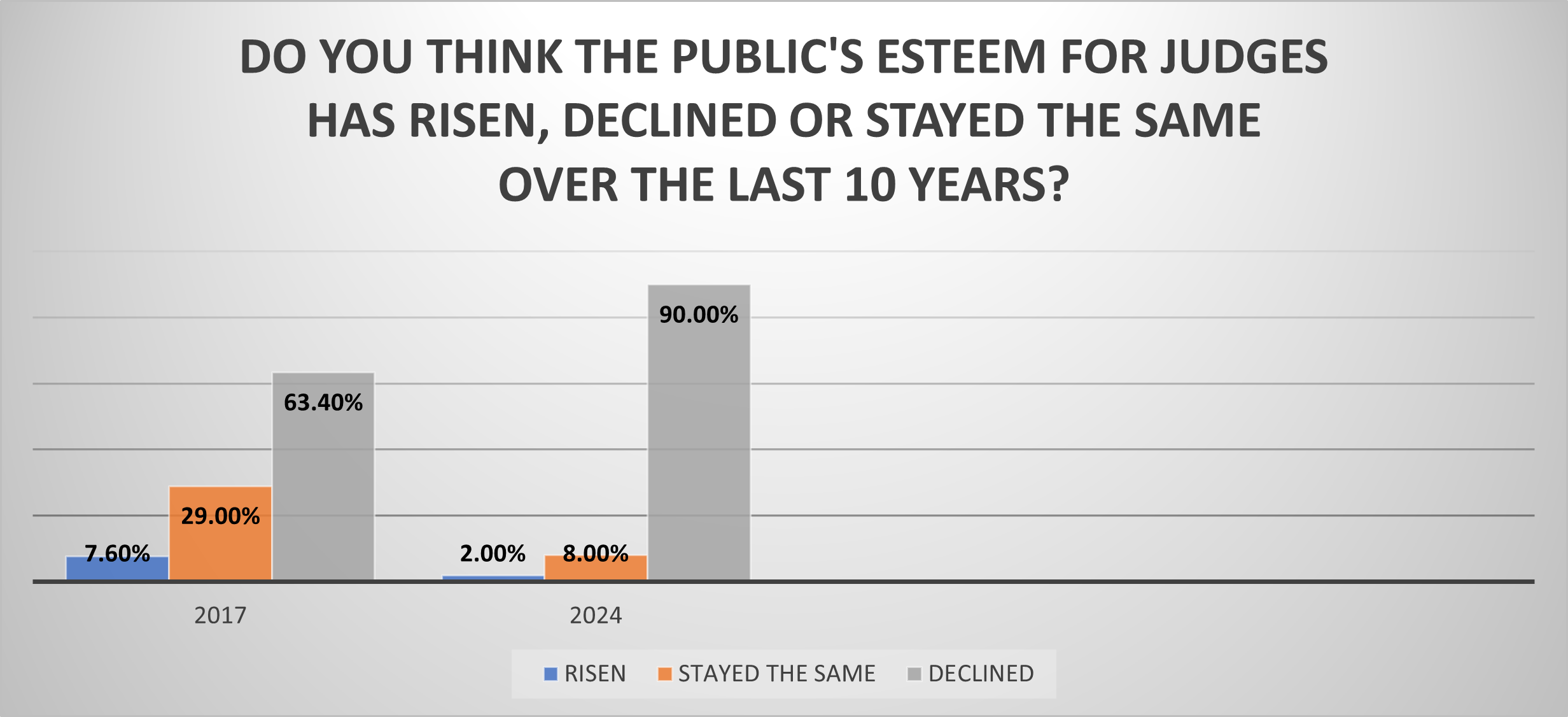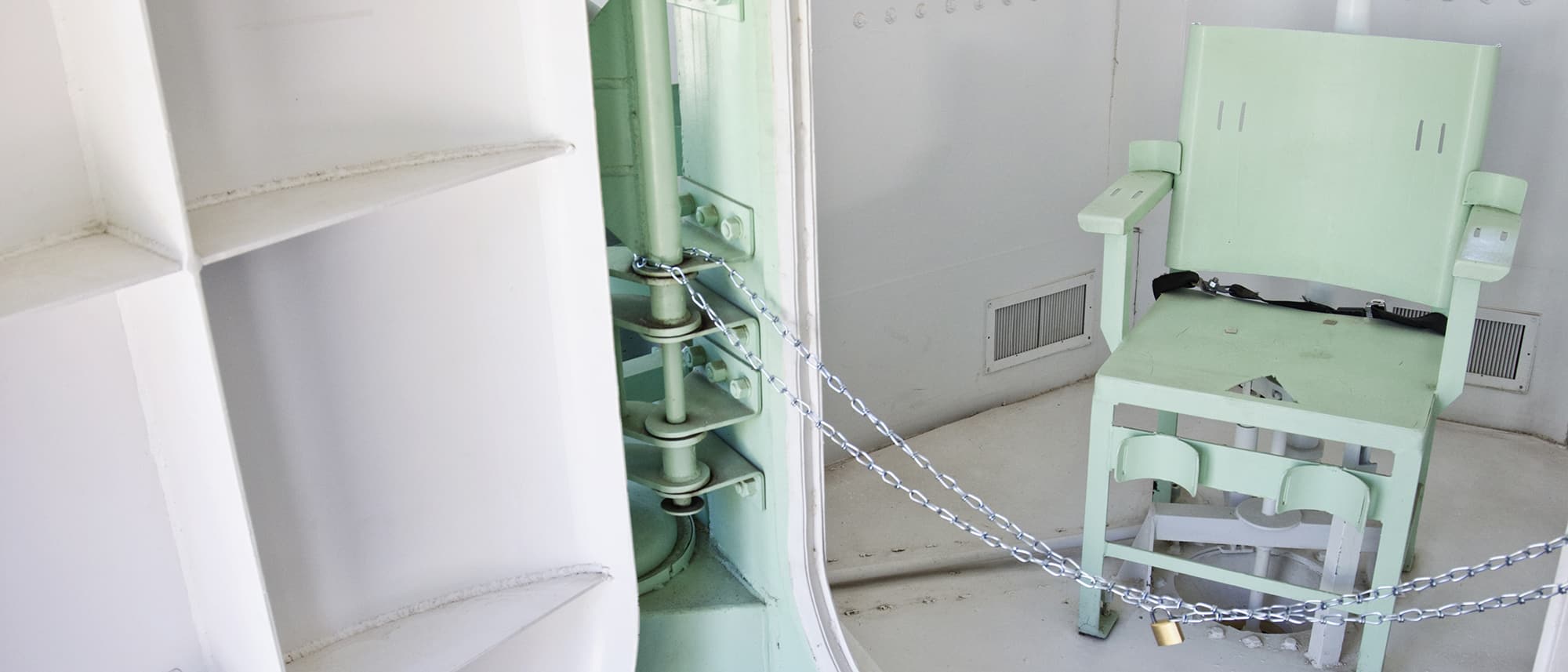

A new survey shows that a clear majority of judges are not morally opposed to legalizing recreational use of marijuana. But the opposition is vocal and includes judges who have the most experience in handling drug cases.
The College’s emailed Question of the Month alumni survey for July drew more than 830 responses, and 62 percent of judges indicated they had no moral objection to legalizing recreational use of marijuana. The result closely tracks U.S. public opinion as a whole. A Gallup poll taken last October found that 60 percent of the public favors legalization.
However, the overwhelming majority of the 260 judges who left comments in the NJC poll said they oppose legalization. And many of those—including more than 30 judges who self-identified as drug-court judges—said marijuana is a gateway to harder drugs.
A sample of the comments (all left anonymously):
- “I’ve never sentenced a cocaine or heroin addict that didn’t start with marijuana.”
- “90 percent of felons I ever sentenced started their journey to addiction with marijuana.”
- “As a drug court judge, almost every one of my participants, when asked, stated marijuana was their gateway drug.”
- “I have been assigned to drug cases for 11 years and was a police officer for 32 years. Every conversation I had with people on hard drugs, they always started with marijuana. Why do we want to do this with our citizens?”
Others cited concern for drugged driving and the relative difficulty in testing for marijuana use versus alcohol.
Some judges said they were worried about detrimental effects of marijuana use on youth development.
Among judges who were neutral or in favor of legalization, their reasons included: the failed war on drugs; the futility of combating marijuana use with taxpayer money; the double standard in alcohol being legal; and the belief that addiction is a public health issue rather than a criminal matter.
“There is simply no legitimate reason for anybody to be fined or incarcerated for the recreational consumption of this item,” wrote one judge anonymously. “It is a waste of taxpayer’s money, a bad allocation of law enforcement personnel, and poor use of judicial resources to prosecute these matters.”
A few of the judges who opted not to vote in the survey emailed instead to question the validity of the question. Some said the wording could lead to misinterpretation. One pointed out that judges have a moral obligation not to allow their personal beliefs to influence their decisions. Another wrote that although they are not “morally” opposed, “opposition based on the better public policy is perfectly sound and compelling.”

This month’s one-question survey* of NJC alumni asked, “How is 2024 shaping up for you and your court?�...

RENO, NV (PNS) – As they eye their inaugural football season this fall, the Gaveliers have question marks...

RENO, Nev. (March 8, 2024) — In what may reflect a devastating blow to the morale of the judiciary, 9 out...

In what may reflect a devastating blow to the morale of the judiciary, 9 out of 10 judges believe the publi...

RENO, Nev. (Jan. 26, 2024) — The nation’s oldest, largest and most widely attended school for judges �...